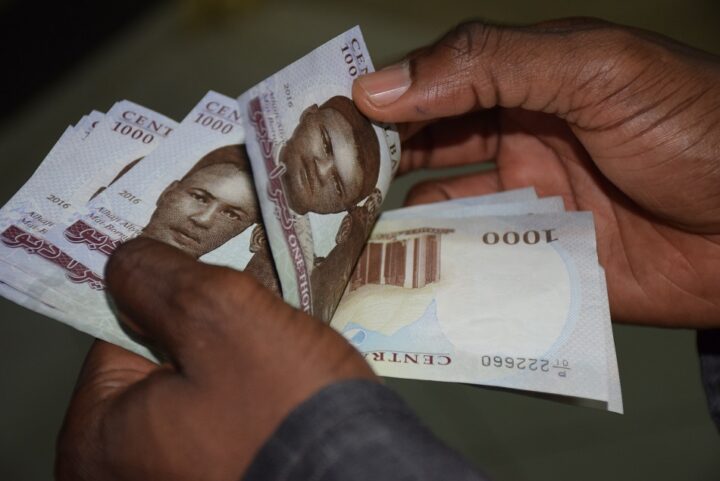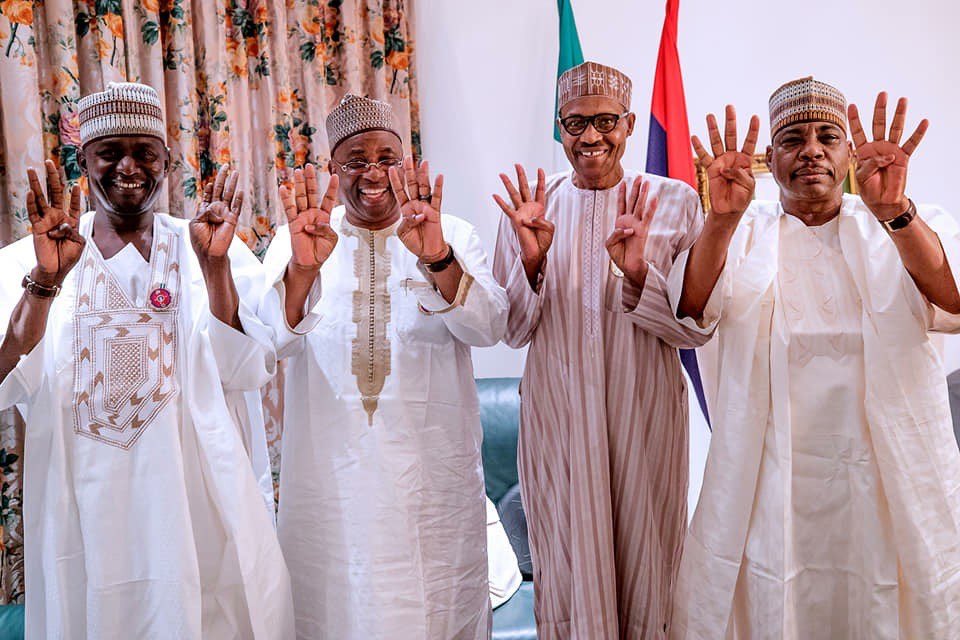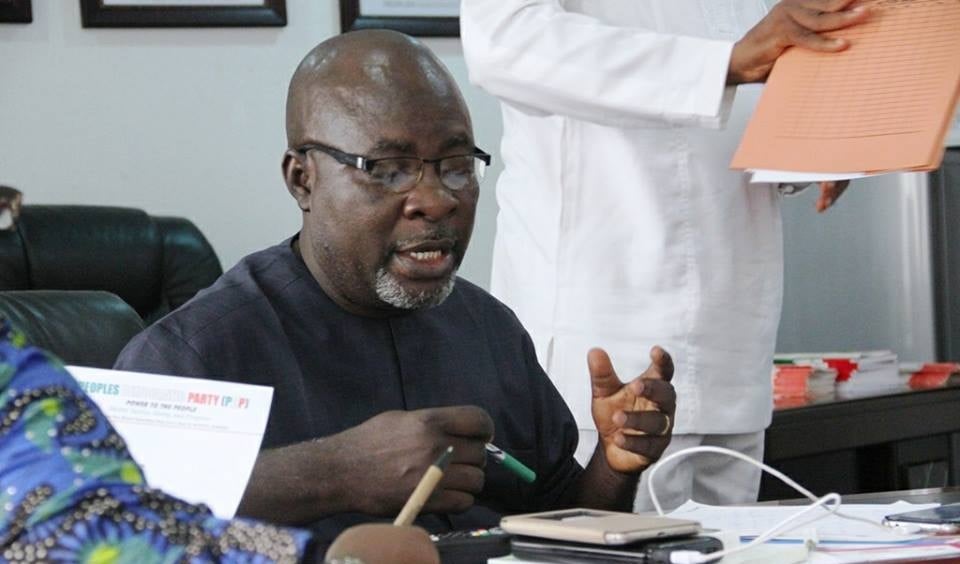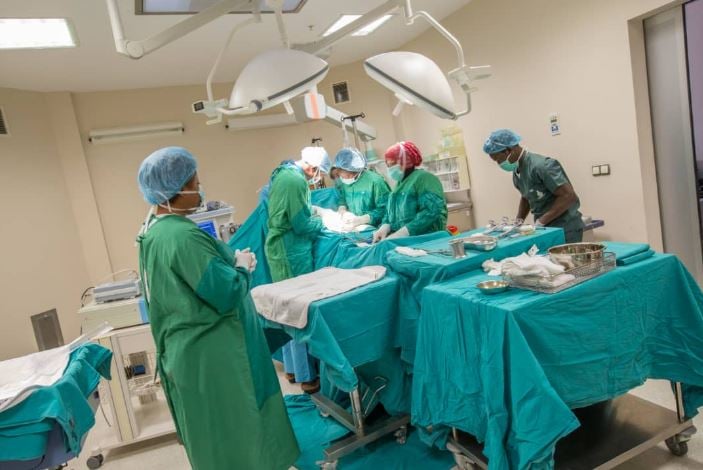The World Bank has predicted that countries in sub-Saharan Africa will make little progress in poverty reduction in 2019.
In its report, Global Economic Prospects: Darkening Skies, released on Tuesday, the Bretton Wood institution said the trade war between the United States and China is causing collateral damage to the global economy.
“Regional growth is expected to accelerate to 3.4 percent in 2019, predicated on diminished policy uncertainty and improved investment in large economies together with continued robust growth in non-resource intensive countries,” the report read.
“Per capita growth is forecast to remain well below the long-term average in many countries, yielding little progress in poverty reduction.
Advertisement
“Growth in Nigeria is expected to rise to 2.2 percent in 2019, assuming that oil production will recover and a slow improvement in private demand will constrain growth in the non-oil industrial sector.”
According to the report, political uncertainty will continue to affect the economy of many countries.
“Political uncertainty and a concurrent weakening of economic reforms could continue to weigh on the economic outlook in many countries,” it read.
Advertisement
“In countries holding elections in 2019 (e.g., Malawi, Mozambique, Nigeria, South Africa), domestic political considerations could undermine the commitments needed to rein in fiscal deficits or implement structural reforms, especially where public debt levels are high and rising.”
Kristalina Georgieva, World Bank’s chief executive officer, said: “At the beginning of 2018 the global economy was firing on all cylinders, but it lost speed during the year and the ride could get even bumpier in the year ahead.
“As economic and financial headwinds intensify for emerging and developing countries, the world’s progress in reducing extreme poverty could be jeopardized. To keep the momentum, countries need to invest in people, foster inclusive growth, and build resilient societies.”
In the first-ever Human Capital Index released by the World Bank in October, Nigeria had been ranked one of the bottom seven countries with Jim Yong Kim, the World Bank president, saying the educational outcomes from Nigeria were very poor.
Advertisement
Add a comment







